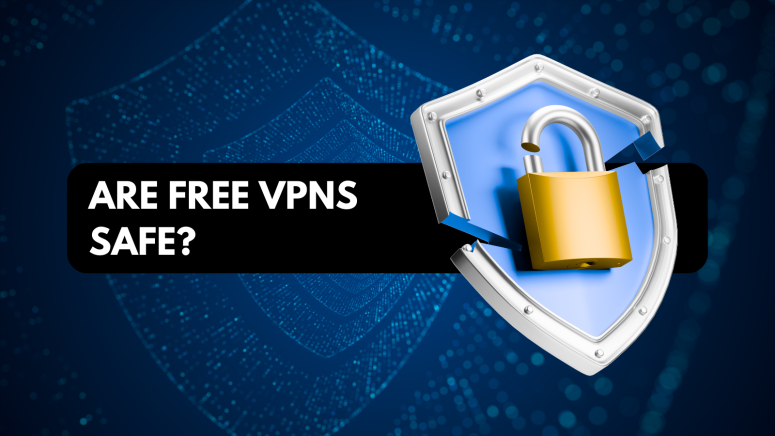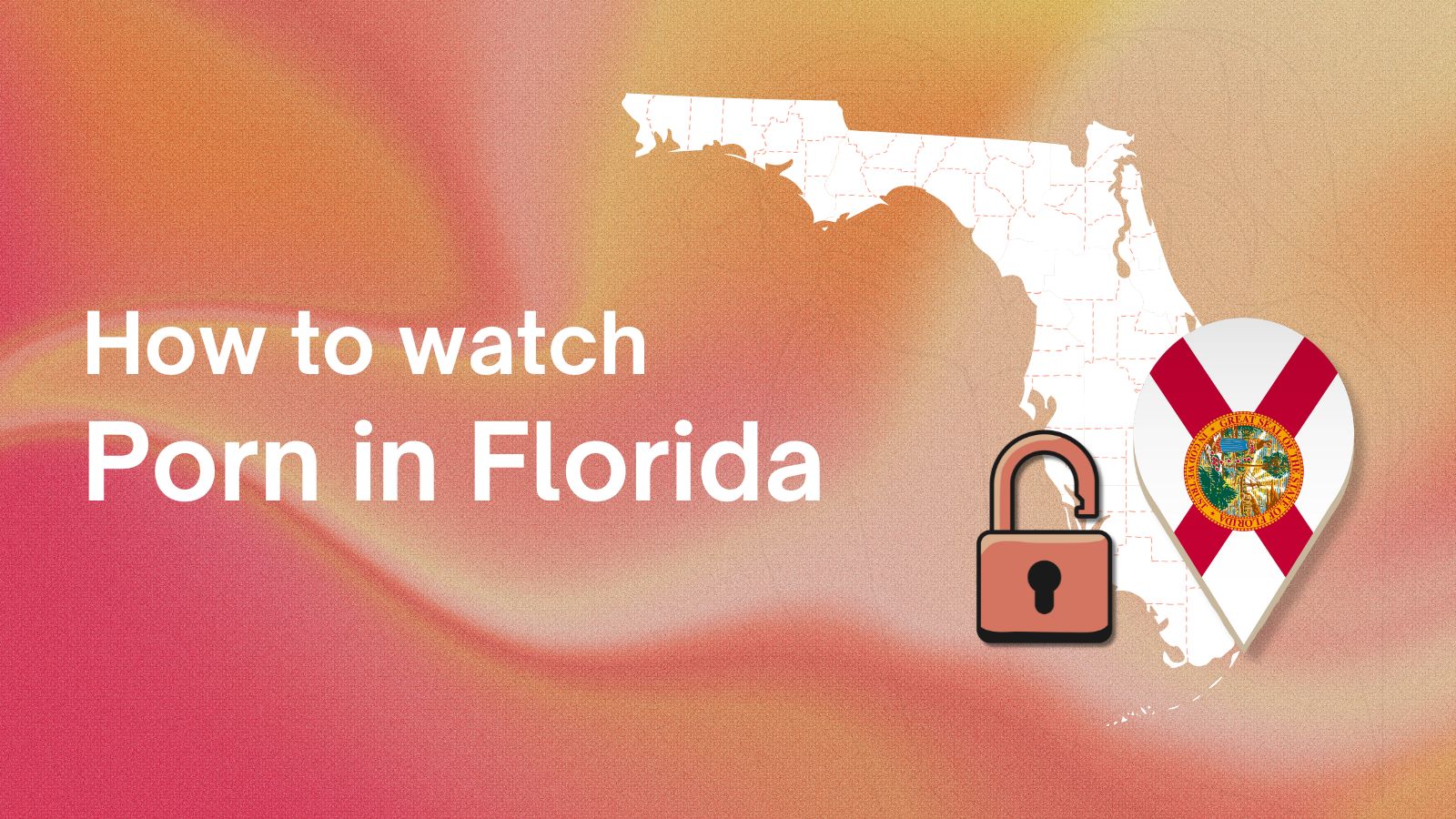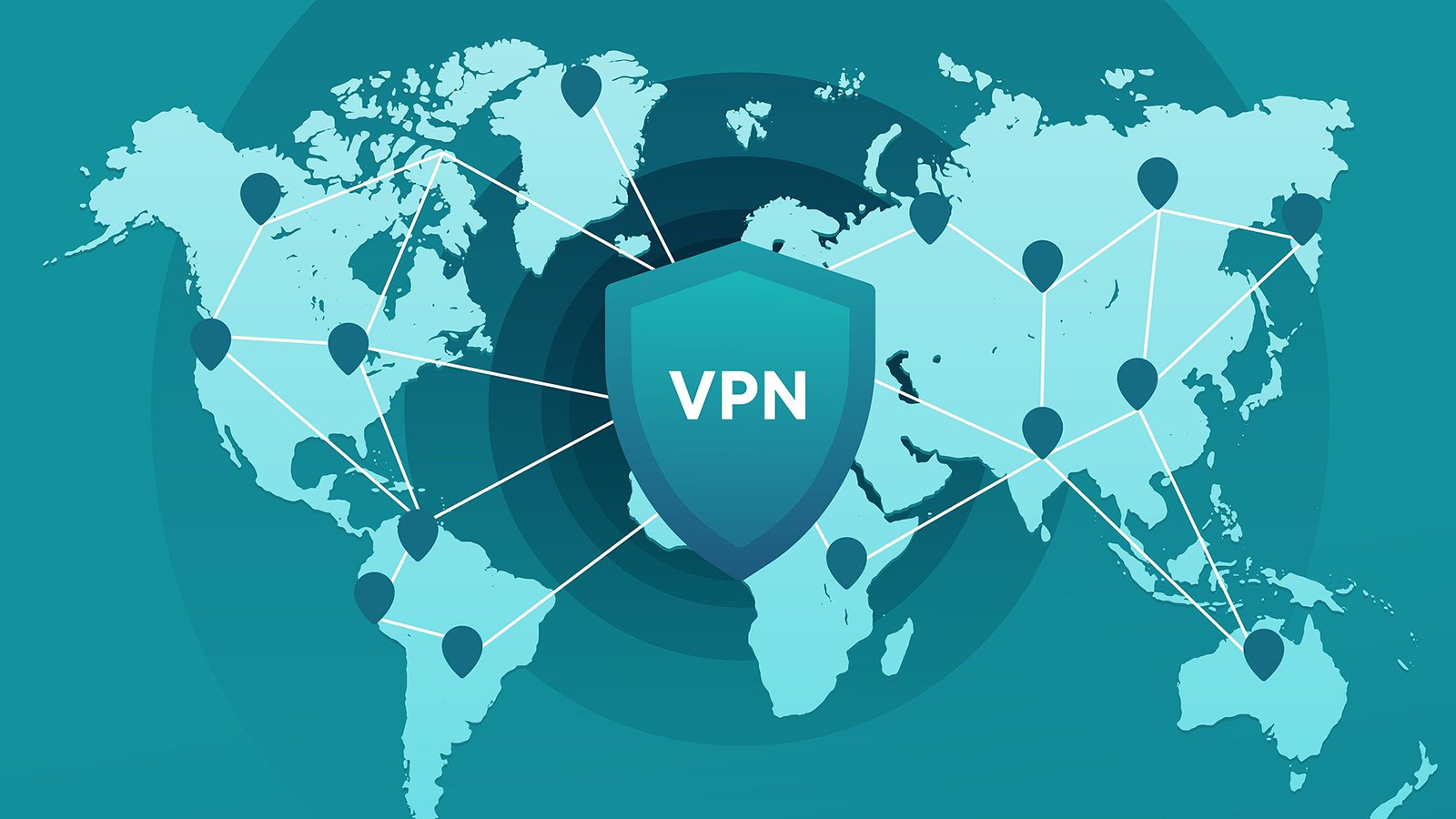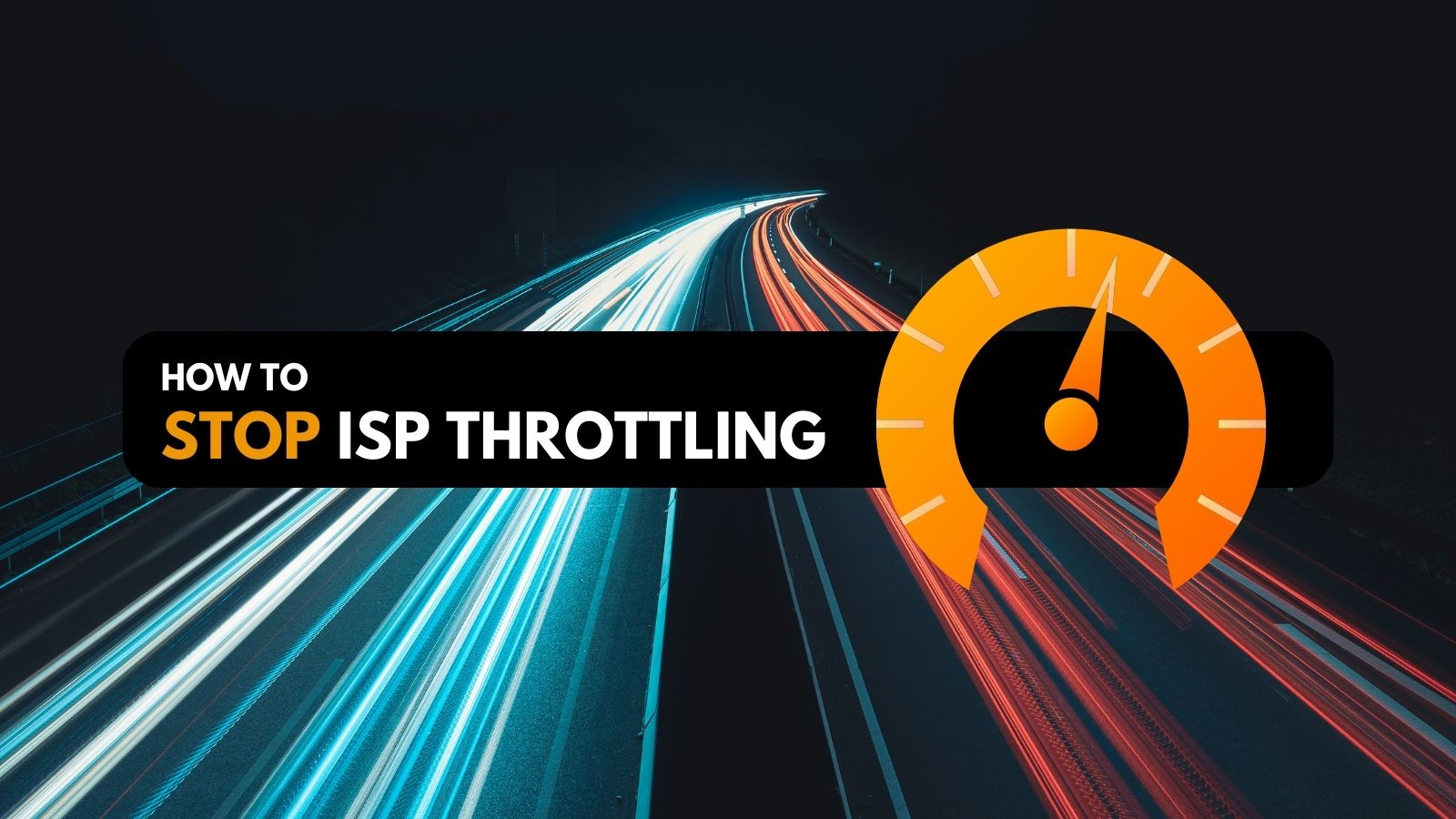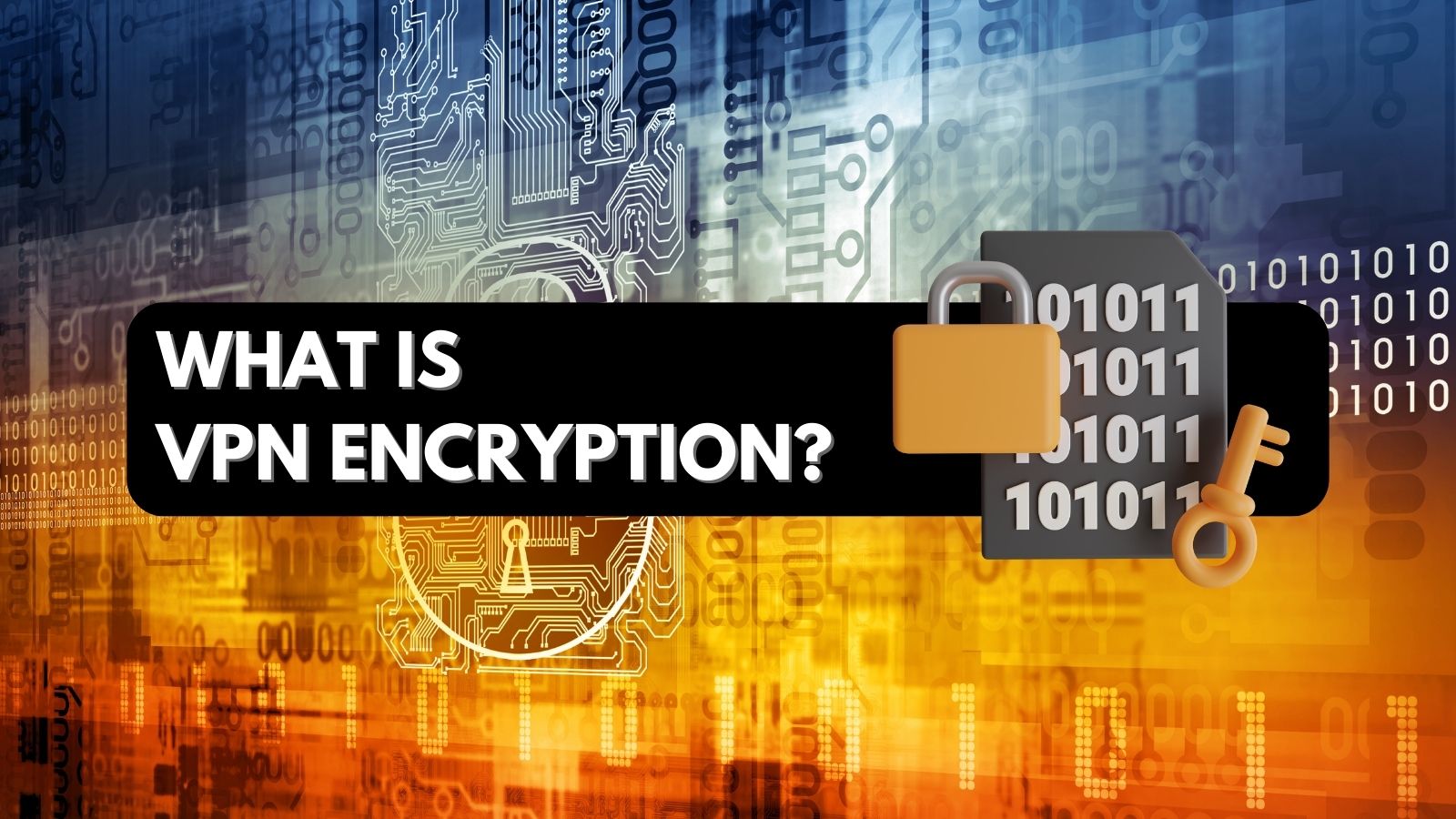
When you purchase through links on our site, we may earn an affiliate commission. Here’s how it works.
Are Free VPNs Safe?
Most free VPNs promise maximum security, online privacy, and unbreakable encryption. Not only are such claims far-fetched, but there’s an even darker side to free VPNs - they can sell your data and infect you with ad-tracking malware. Also, most free services come with hidden paywalls, so they are not completely “free” at all.
Another problem with free VPNs is that they don’t use strong encryption, meaning that your data is never fully protected. Furthermore, free VPNs often have issues like DNS leaks, which can reveal your online activities to your ISP (Internet service provider).
Of course, searching for a capable VPN can be overwhelming. Hence, new users often end up downloading and installing free (but dangerous) VPN software without realizing that they are putting their privacy and security on the line.
In this article, we discuss whether it is safe to use free VPNs or not. You will also learn about the risks of using a free VPN and why premium software is much more worth it. In the end, we will provide recommendations for trustworthy VPN services.
Are Free VPNs Safe?
No, free VPNs are not safe at all. Think about it, every online service requires financial resources to maintain its infrastructure. So, if a VPN company is not charging you any money, what incentive would it have to provide you with a free service?
The simple answer is that most free VPNs log your data and sell your information to different agencies. This is how they keep their business running. These agencies use your data for advertisement or mass surveillance efforts.
Why Should You Avoid Free VPNs?
You should avoid free VPNs because they are unsafe. It is also understandable that those companies selling user data may seem quite harmless. After all, it looks like a small price to pay for using a free service.
Well, here’s an ever darker truth. Some free VPNs go one step further and inject malware or malicious code into your browser to redirect you to different Web pages.
Also, most of them use outdated protocols with known vulnerabilities and low levels of encryption. This means that hackers can attack your system and gain access to your sensitive information like bank details, login info, and credit card info.
The fact that free VPNs are completely untrustworthy and incapable of securing your data should be enough to deter you from using them. Now that you understand why you should avoid free VPNs, let us move ahead and discuss some specific risks of using them.
What Are The Risks of Using a Free VPN?
The biggest risk of using a free VPN is that anyone can break its encryption and track your online activities. Other than that, companies behind free VPNs can also steal your data or resort to other shady practices.
Let’s look at the risks of using a free VPN.
- Poor security and false claims risks: According to a CSIRO study from 2016, 18% of free VPNs don’t encrypt Web traffic properly. Those services that do encrypt often use lower-end protocols and are prone to DNS leaks. Hence, all they do is give you an illusion of security while in reality, they aren’t secure at all.
- Malware risks: Almost a third of VPN apps on Android’s Play Store have malicious intentions. It is not uncommon for free VPNs to resort to exploitative practices and infect users with malware. If you are not careful, hackers can get access to your passwords and files and even lock your device remotely.
- Data collection and sharing risks: Selling data is among the main revenue streams for free VPN companies. After all, they have to run their business somehow. Some free VPNs may do it openly, while others are more obscure about it. But the truth is that most of them are a part of data-sharing programs.
- Too many ads: Another issue with free VPNs is that they often bombard users with ads. This is because they generate profit from ad revenues. This can quickly become annoying as these forceful ads distract you from your activities.
- Your browser can get hijacked: Some free VPNs can even inject malicious code into your browser that tracks your browsing patterns and redirects you to different Web application without your permission. That type of code runs in the background and can potentially do even greater harm, like stealing your sensitive info including your passwords and credit card details.
- Slow Internet Connection: Companies behind free VPNs usually don’t have enough funds to improve their infrastructure. Hence, they have a limited number of servers that are poorly maintained and often overcrowded, which creates network congestion and slows down your speeds. On top of that, ad trackers running in the background use additional bandwidth and slow down your Internet even further.
- Difficulty in Unblocking Content: Most of the free VPNs fail to unblock streaming services. As mentioned earlier, they have a limited number of servers. Streaming services like Hulu and HBO Max are very strict about their geo-restrictions, and hence they ban these IP addresses for suspicious activity. Since these VPNs don’t update their IP addresses regularly, users are unable to unblock streaming services.
Why Are Paid VPNs Better Than Free VPNs?
In simple words, paid VPNs are better than free VPNs because they provide actual security and are better in almost every aspect. But if you want to see a detailed comparison between free VPNs vs. paid VPNs, take a look at the table below.
What are the Best Premium VPN Services Available?
ExpressVPN is the best paid VPN service out there. Other than that, NordVPN and CyberGhost VPN are good options too. Fortunately, VPN free trial is available in premium services so that you can test them before purchasing.
Now that you know why paid VPNs are worth your money, let’s take a look at our top 3 picks.
- ExpressVPN: This VPN is our top recommendation since it comes with a 30-day money-back guarantee. It offers military-grade security and unbreakable AES 256-bit encryption and has a no-logging policy, which means that your data is always protected from the government, spies, and hackers. On top of that, it also has lightning-fast speeds and unblocks all streaming services, which allows you to stream HD content without any buffering delays. Try ExpressVPN Risk-Free Today.
- NordVPN: NordVPN offers a 7-day free trial via its Android app, while on Windows/macOS, it offers a 30-day money-back guarantee. It has over 5,400+ servers with exceptional speeds and uses the highest-end 256-bit AES encryption. As far as privacy goes, NordVPN does not log data and comes with advanced security features like a customizable kill switch.
- CyberGhost VPN: This VPN offers a free 24-hour trial on Windows/macOS without requiring a credit card. However, to get a trial on iOS (7-day trial) and Android (3-day trial), you have to provide your credit card details. The best thing about this VPN is that it offers optimized streaming servers for different platforms like Netflix, HBO Max, Hulu, and more. This makes it an ideal VPN for those who want to stream in HD.
Final Thoughts
Using a free VPN is not only unproductive due to slow speeds, but is also dangerous due to weak encryption and exploitative practices.
There have been cases of free VPNs selling user data in the past and infecting users with adware. Hence, using a paid VPN is your best option if you want the best security and fast speeds without data caps.
When it comes to paid VPNs, ExpressVPN is our top recommendation due to its lightning-fast speeds and high level of security. The best thing is that it comes with a no-questions-asked 30-day money-back guarantee.
We hope that you enjoyed reading our article about the safety of free VPNs. If you have any comments or questions, feel free to comment below or write to us directly via e-mail.

